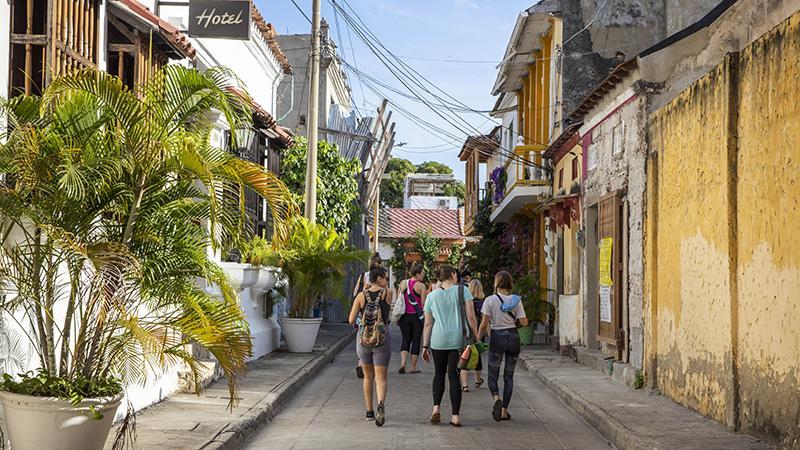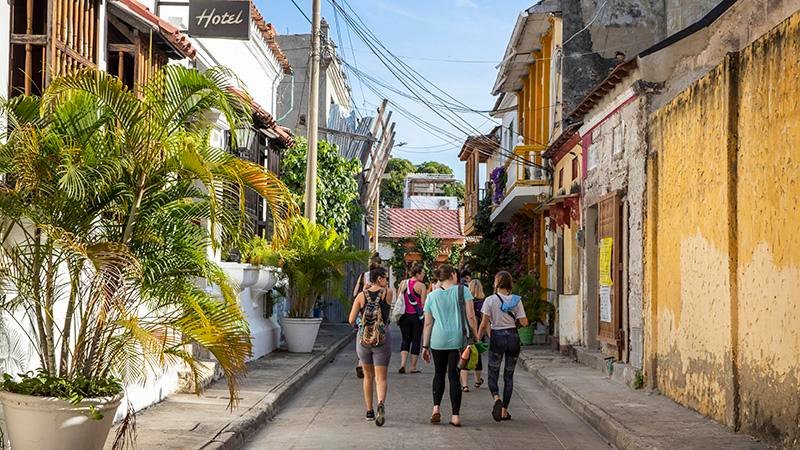
A recent report highlights the significant role of small-to-medium-sized businesses in the global travel sector, emphasizing that nearly 80% of the world’s inbound tour operators fall into this category. Conducted by Arival, a company specializing in analyzing in-destination experiences, the study reveals intriguing insights into the dynamics of the experiences industry.
Key Insights from the Global Operator Landscape
The Global Operator Landscape: The State of Experiences report surveyed over 7,000 travel experiences operators worldwide. One important finding is the entrepreneurial spirit that drives this industry, with many operators prioritizing passion and lifestyle over aggressive growth strategies. Specifically, three out of four operators emphasize a commitment to their craft rather than rapid expansion.
The Dominance of Small Businesses
The analysis underscores that small and medium-sized businesses dominate the market, accounting for around 80% of tour operators, each catering to a maximum of 10,000 guests annually. This fragmentation showcases the diverse offerings within the travel sector, as well as the unique experiences provided by these small operators, which play a critical role in local economies.
Visitor Attractions as Major Demand Drivers
Attractions remain the main draw for tourists, with nearly half serving at least 50,000 visitors each year. In stark contrast, only 9% of tour and activity operators reach this level of attendance. This gap emphasizes the need for smaller tour operators to enhance their visibility and customer engagement strategies to compete effectively.
Digital Transformation and Technology Adoption
Despite the significant shift towards online sales channels, with online travel agencies (OTAs) now representing nearly 30% of bookings, many operators still lag in implementing modern booking and ticketing systems. The report reveals that almost 40% of global operators do not utilize reservation systems, indicating a critical area for technological improvement.
The Role of Artificial Intelligence
Artificial Intelligence (AI) technology usage is relatively nascent in the industry, with only 12% of operators actively employing it in their operations. This low adoption rate suggests a significant opportunity for increased efficiency and improved customer experiences through the integration of AI solutions.
Recovery Trends in the Travel Sector
The experiences sector is on the rebound, with global operator revenue expected to surpass pre-pandemic levels this year. However, recovery has been uneven across different regions and business types. As travel demand surges, operators must adapt to shifting consumer preferences and enhance their offerings to ensure sustained growth.
The Entrepreneurial Spirit and Future Opportunities
The experiences market is characterized by entrepreneurship, with nearly 60% of tour operators and 40% of activity businesses founded in the last decade alone. This growth, even during the pandemic years of 2020-2021, exemplifies the resilience and passion present within this sector.
The Need for Sustainable Growth
While the entrepreneurial nature of the industry is commendable, a balance must be struck between passion and sustainable growth. As Douglas Quinby, CEO and co-founder of Arival, notes, there is a pressing need for operators to focus on strategic technology adoption to remain competitive in a rapidly evolving market.
The findings draw attention to the importance of embracing new technologies and developing robust customer engagement strategies. Operators must recognize the value of enhancing their online presence and refining their booking systems to seize growth opportunities in a crowded marketplace.
For more insights on navigating the challenges and opportunities within the travel experiences industry, explore the full Arival report and discover the emerging trends reshaping the landscape.


